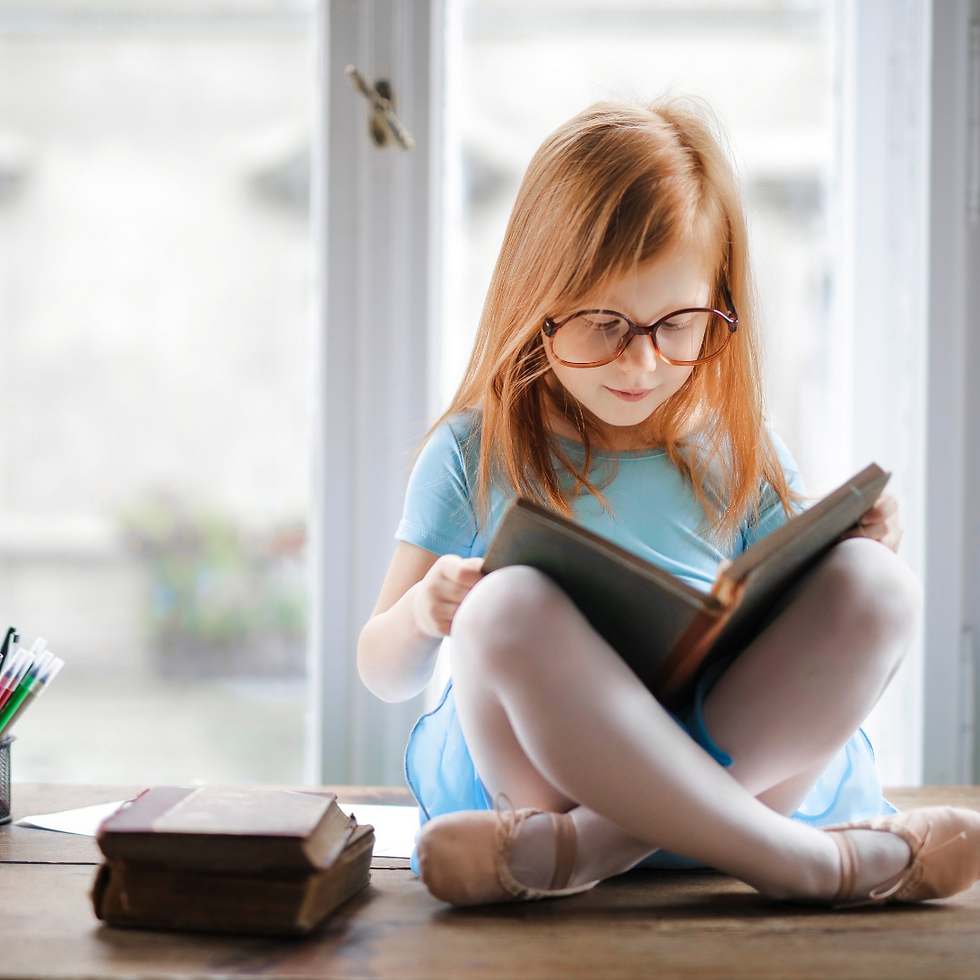
With Children’s Book Festival round the corner in May, I stopped to have a think about why reading is so important to me, as an adult and a parent. For me, losing myself in a good book provides an escape from the world for a little while. A time where I can switch off my busy thoughts and instead let my creative, imaginative side take over. A sense of escapism is a definite must when entering parenthood and a good book doesn’t have to even have words to make that escapism a possibility (there is something comforting about flicking through an old favourite childhood picture book).
I have loved reading since I was a small child – sharing books with parents and siblings before bed. Then later through my teenage years, escaping the chaos of my 4-sibling home, into a cosy corner to flick through page after page. Fresh into parenthood took away the ability to slip off quietly to read and I really struggled with the parting of my favourite hobby. It took a good 4 years for me to be able to pick up a book again and it was like finding an old friend when I did. I now find nothing better than snuggling into a pair of cosy pyjamas, wrapped in a blanket reading a good crime thriller. I now don’t feel guilty for slipping off and having a deep bath with a good book, but it took me a long time to move through that parent guilt.
One of the joys of parenthood has been sharing my love of reading from very early days with my two children – right from day one (and before, even in utero) I have read to my children every night. We poured through the good old favourites of when I was younger – Mr Men, Roald Dahl, Old Bear, and onto new favourites in line with their generation – The Gruffalo, Gangsta Granny, Harry Potter. A recent clean out, as they hit 7 and 9 years old found me crying in a heap in the bedroom over young children’s books they have parted with; I felt weirdly emotional about these attachments to books and kept a few behind to pass on when they have their own children (just as my parents did!)
I feel happy that my children have just reached the age now where they will choose to read – not because they have to, but because they too find joy in reading and find a state of escapism from their busy heads.
"I believe reading really allows them to switch off from an always switched-on world."

Our children and young people today face a multitude of pressures at school, home and in their social lives. I believe reading really allows them to switch off from an always switched-on world. I definitely find my children are both more hyperactive and sensitive if they have been on tech for too long, whilst reading makes them calmer and more relaxed.
At Bridge the Gap, we have a multitude of books available to the families that we work with; we use stories in the work that we do with children as it assists emotional literacy skills. Books are an invaluable source in developing our children’s emotional literacy:
- it broadens their vocabulary, so they are able to express their feelings more accurately.
- it normalises people experiencing big and difficult emotions, so they don’t feel different.
- it allows them to explore coping strategies that they can relate to, because their favourite characters use those strategies too.
- it gives children an outlet for their own emotions.
- it can also help to increase their self-confidence and self-awareness as it fosters an interest in learning, curiosity, problem solving and understanding other points of view.
There are lots of books that we use at Bridge the Gap that also weave emotional health into their story line, which only supports children further.
Any sort of reading is good for the soul, giving children time out from their busy, tech-centered lives and helping them to relax and unwind – fiction, comics, poetry, audio books, picture books all have a place in improving children’s emotional wellbeing. Books can make us cry and laugh out loud – and what a brilliant start to exploring emotional literacy.
As my children have grown older, I have phased out a little of the times at night where we share a book together but continuing to share books together brings many additional benefits including fostering connection, closeness and conversation, developing empathy and listening skills.
Modelling reading yourself will support your own children in wanting to pick up a book and sharing books together will also increase the likelihood they choose to use reading as a tool for their mental health. I will certainly be sharing a book again with them this evening.
Nikki


_edited.png)
Yorumlar